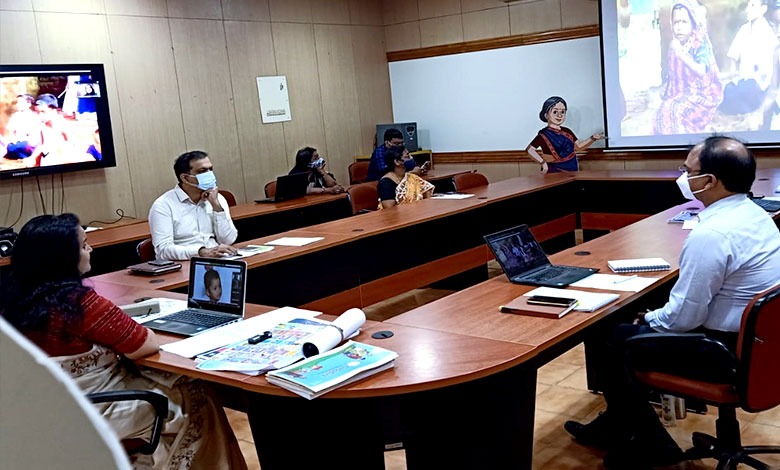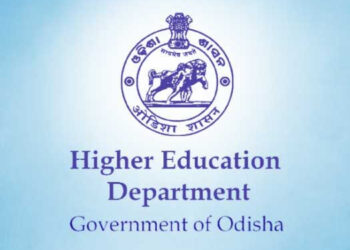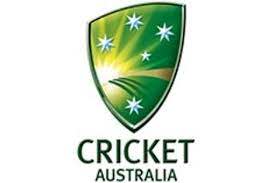![]() By: Shree1news, 17 NOV 2020
By: Shree1news, 17 NOV 2020
Odisha Women and Child Development (W&CD) and Mission Shakti Minister Tukuni Sahu today virtually launched ‘Vatsalya’ – a campaign to institutionalise care and stimulation of children below three years of age by concrete policy intervention.
As per a press notice launched by the W&CD and Mission Shakti Department, the Minister also launched ‘Kuni Calendar’ and ‘Responsive Parenting’ posters in 11 mother tongues, Parents+ module in Odia, flip book on happy parenting and videos on Vatsalya & Tiki Mausi on early stimulation – all centred around below threes with parts of stimulation responsive parenting.
‘Kuni Calendar’ for below threes will be consistent with ‘Ghare Ghare Arunima’ calendars that has been enjoying pivotal role in participating kids through the pandemic by an array of fun-filled activities.
‘Ghare Ghare Arunima’ calendar in 10 tribal languages and a documentary on this immensely successful idea may also be offered, acknowledged the press note.
Talking on the occasion, UNICEF Country Representative Dr Yasmin Ali Haque stated, “Evidence suggest that for every Re 1 invested on a child in early years ensures a return is worth Rs 13 and the productivity of the child when grows up enhances by 25%.”

She additionally appreciated the method of the State of Odisha in the direction of holistic ECD by multilinguality, leveraging protagonist Tiki Mausi in delivering key messages to the community and so forth.
STSCRTI Director Dr A. B. Ota spoke on learning continuity in indigenous community by parental involvement and volunteered to support the Department in translation of materials in tribal language.
He additionally defined that the advantages of ECD are reaching the focused beneficiaries for the reason that medium of communication is within the native tribal language.
Ms Rushda Majeed, Country Representative, BvLF and Dr Anubha Rajesh, Chair Professor, CECDR, Jamia Millia Islamia, Delhi offered how MTELP+, a multilingual ECD intervention has improved early learnings and induced positive engagement of parents in tribal and hard to achieve areas of the State.
Citing Harvard economist James J. Heckman within the famous Heckman’s curve, W&CD and Mission Shakti Secretary Anu Garg highlighted, “The highest rate of return in early childhood development comes from investing as early as possible, from birth by age 5, in disadvantaged families. Starting at age three or 4 is too little too late, as it fails to acknowledge that skills beget expertise in a complementary and dynamic manner.”
She enlightened that this programme might maybe not yield speedy outcomes however might emerge as a game changer in the long term. Apart from putting the evidences in early investment, she defined how the Ankur – Fixed Day on 19th for ECCE activities for engaging parents & the community, launched last year is bearing fruits.
She additionally dwelled on how the mother tongue based imparting of ECCE by MTELP programme has improved early learning amongst tribal children of 7200 AWCs of hard to achieve areas.
She also acknowleged the partnership with UNICEF and BvLF.
Source: A-N







 Finance
Finance







